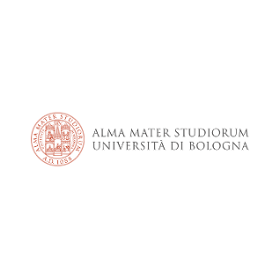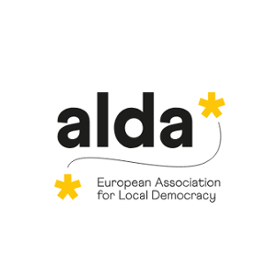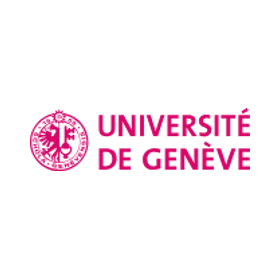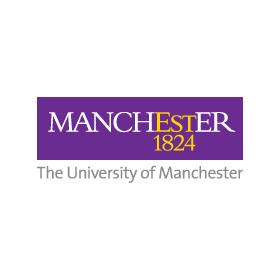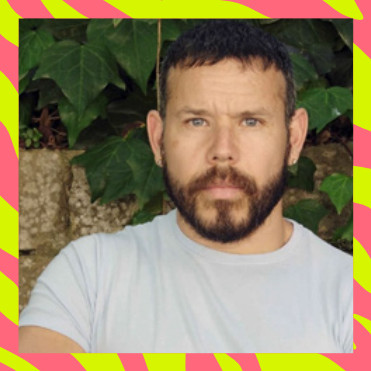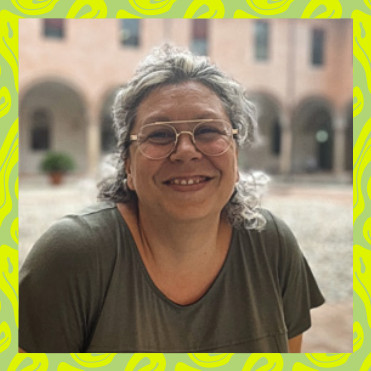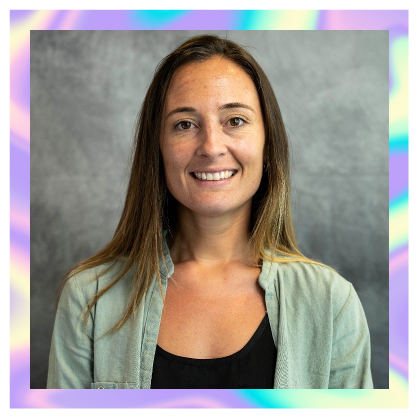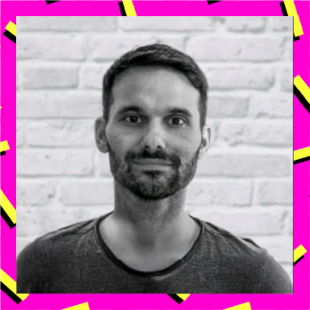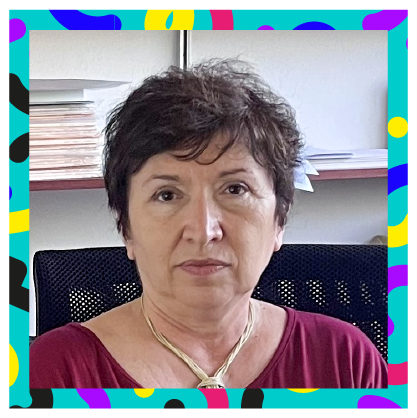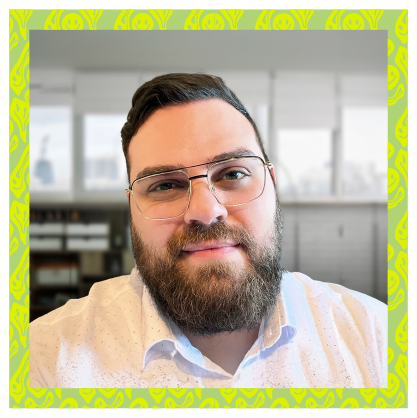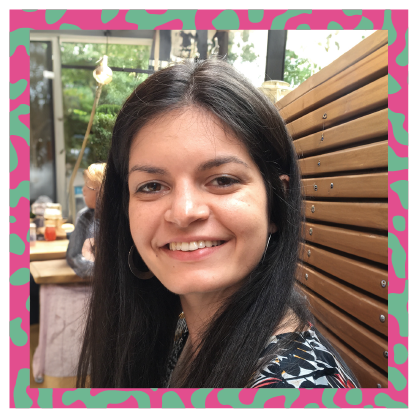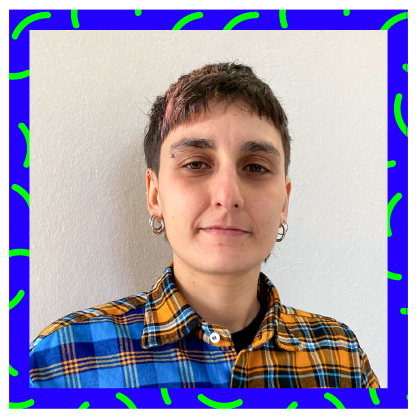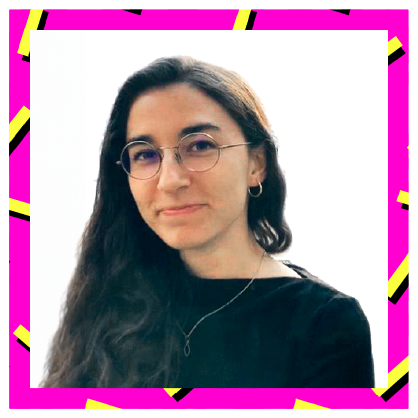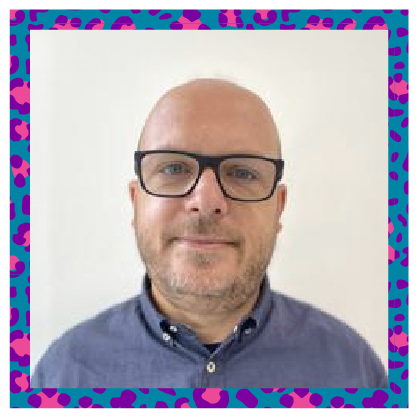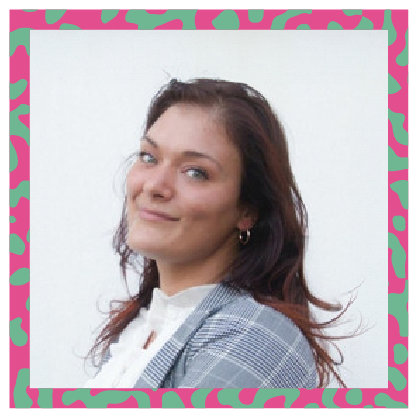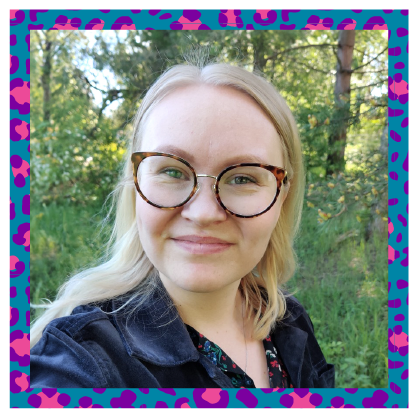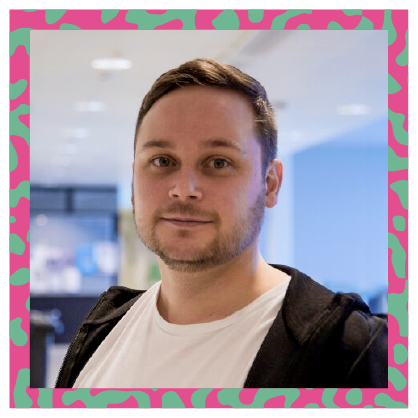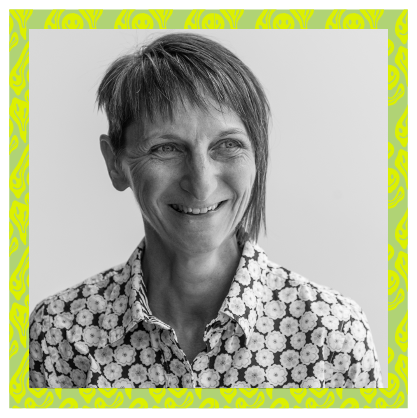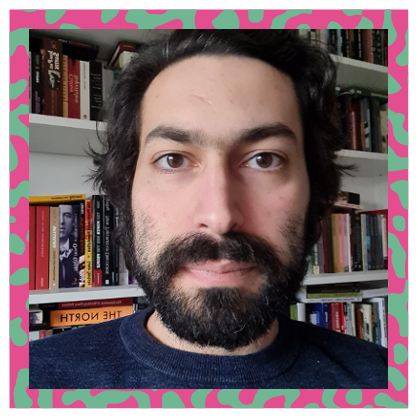Our
partners

To support young people we need teams with varied perspectives, capable of recognizing and valuing the richness of youth experiences.
That’s why the consortium of The SINCRONY Project brings together specialists from fields such as psychology, gender studies, sociology, and local democratic participation. Together, we aim to create meaningful impact and inclusive opportunities for youth empowerment.
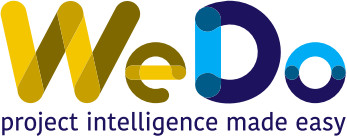
WeDo | Project Intelligence Made Easy
WeDo specializes in the management of complex, distributed international research and innovation projects. Based in Barcelona, the company works with the public and private sectors, applying a strategic, holistic lean project management approach to creating effective collaborative frameworks for results-driven decision-making. Its multi-disciplinary team of skilled professionals has broad experience in international collaborative projects and EC-funded initiatives since FP6 (ICT, health, environment, NMP, IMI-JU, SSH, SWAFs).
Since 2004 Ángel Honrado has worked as a Project Manager in the planning, management, and implementation of collaborative and multidisciplinary research projects, with total funding of ~ €95M. He has been directly involved in the preparation and management of more than 80 R&I proposals presented to the EC. He has also worked in the development and implementation of communication and outreach strategies (including the organization of workshops and international conferences). Co-founder and Public Funding Manager of FreeOx Biotech S.L., a start-up developing a neuroprotective treatment that prevents damage caused by reperfusion after stroke, based on the results of clinical research.
Mireia Manent is Co-founder and CEO. Psychologist and MBA graduate by University Pompeu Fabra. She has broad experience in the planning, coordination, and management of complex research projects, specializing in the biomedical sector, and in contact with both the national and the international funding landscape. She has collaborated with foundations, biotech companies, research centres, and universities in leading/contributing to multi-year, cross-theme, multi-cultural, and multidisciplinary research projects. With broad experience in communication strategies, large meetings, conference organisation, and training planning and execution on topics related to EU-funded opportunities, proposal preparation, and project management.
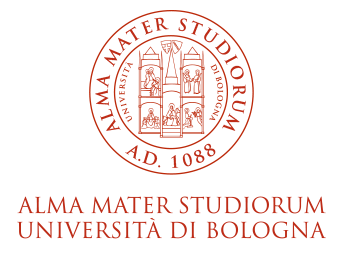
Alma Mater Studiorum - Universita di Bologna
Alma Mater Studiorum – Università di Bologna (UNIBO) is one of the largest and most active Italian universities in research and innovation. UNIBO is organized in a multi-campus structure (Bologna, Cesena, Forlì, Ravenna and Rimini), with 31 Departments and 5 Schools. It offers 252 Degree programmes (a.y. 2022/2023) of which 96 international ones and 48 PhD programmes. The total number of enrolled students is 93.753. (A.Y. 2022/2023), of which 7.630 are international.
The UNIBO community is composed of 6.227 permanent employees, of which 3.122 professors and researchers, and 3.105 staff. UNIBO has outstanding results in attracting research competitive funding at both European and national level: in Horizon2020, UNIBO was involved in 350 research projects (more than 150M€ financial contribution attracted), of which 98 with the role of coordinator, 26 PI ERC and more than 2300 partners involved, of which 1600 from the private sector; in Horizon Europe, UNIBO has already attracted more than 90M€ and 186 funded projects.
Full professor at the University of Bologna. Head of the Dept of Psychology. Her research interests are in the domain of Social and Community Psychology. Her principal current research interests concern forms and processes of civic and political participation and active citizenship, sense of community and psychosocial well being, psychosocial and community processes in health behaviors, health promotion interventions.
At the University of Bologna, she holds dual roles as the Coordinator of The Community Psychology Laboratory and the Coordinator of the Master’s Degree Program in School and Community Psychology. Additionally, she identifies as a cisgender white woman and is a mother of two adolescents who belong to the LGBTQIA+ community.
Her research interests span various areas, including the promotion of well-being and social justice in school and community settings, the impacts of implementing service-learning in higher education institutions, active citizenship and climate justice, participatory action research, and community-based mental health promotion. She has recently embarked on research focused on social justice and well-being within the LGBTQIA+ community, with a specific emphasis on trans and gender diverse individuals. Much of her research and intervention efforts are centered around young people and adolescents, and she recognizes the challenges and rewards inherent in working with this demographic.
Research fellow and adjunct professor at the Department of Psychology “Renzo Canestrari” at the University of Bologna. He earned his Ph.D. in Social Community Psychology from the University of Bologna, with a focus on both mixed-method and qualitative research approaches. His expertise lies in youth community participation and empowerment. His research is grounded in critical community psychology and a social justice perspective. His diverse interests encompass service-learning, sense of community, civic engagement, and issues related to LGBTQIA+ communities. He applies these interests through collaborations with national and international groups, actively participating in formal and informal academic networks.
Senior assistant professor in social psychology at the Department of Education Sciences of the University of Bologna. Large part of her work focuses on youth participative processes from a community psychology perspective. Her research interests include processes of social exclusion, civic and political participation, active citizenship development and education, as well as environmental behavior and psychosocial wellbeing.
Ph.D. student in Psychology, specializing in Social and Community Psychology. Their project focuses on understanding the experiences of trans and gender-expansive youth through the lens of the minority stress framework within an ecological approach. A member of the Community Psychology Lab at Unibo, where their research predominantly centers on investigating the socio-cultural obstacles encountered by trans youth and their families. Additionally, they explore the resilience and collective strategies these groups employ to facilitate empowering processes. Furthermore, their research delves into the emerging challenges faced by the LGBTQIA+ community, including the emerging identities of nonbinary and asexual/aromantic individuals. In their research, they critically incorporate their embodiment as a trans nonbinary activist, primarily utilizing qualitative participative methods. This approach aims to transform the research field into a space for empowerment and social change, informed by the voices of the community interested in the issues.
She obtained her Bachelor’s and Master’s degrees at the University of Florence, Italy, graduating in Clinical Psychology. She joined the Community Psychology research team of the University of Bologna through an internship in 2021, during which she focused her research on qualitative analysis, social justice, youth engagement, and migration issues. During the same period, she worked for a year on a project for victims of sex trafficking. Following a one-year research fellowship on the evaluation of a project on social work with socially vulnerable youth, she commenced her PhD studies in 2023 on the subject of secondary victimization of intimate partner violence survivors.
With professional experience as a school teacher, he combines first-hand knowledge of classroom practices with academic inquiry. He has also developed international research collaborations and expertise in school psychology and inclusive educational practices.
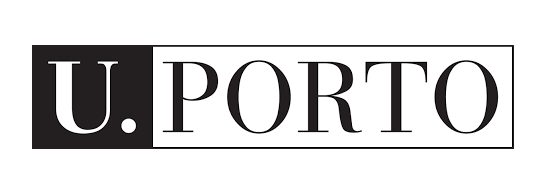
Universidade do Porto
Considered the best Portuguese University and one of the best 100 European institutions according to the most important Higher Education rankings, U.Porto combines quality teaching and excellent research with the best academic experience.
ALDA – Association Europeenne pour la democratie locale
ALDA is a key stakeholder in the field of local democracy, active citizenship, and cooperation between local authorities and civil society in Europe, its Neighbourhood, and all around the World, mainly acting through participative methods and decentralised cooperation. It is global alliance of associations, civil society organisations and local governments supporting local democracy and citizens engagement in Europe, the Neighbourhood and beyond.
ALDA works with members and partners to develop projects supporting its mission, being the promotion of good governance and citizens participation at the local level, and to reach the objectives of the Sustainable Development Goals and the Agenda 2030.
As a core element, ALDA supports citizens and groups of citizens in their initiatives aimed at improving their local context, building bridges with local authorities to make the change real.
As for project development, he has worked across various sectors utilizing numerous European programs, collaborating with different Directorate Generals (DGs) of the European Commission. He has served as a project coordinator, with a particular emphasis on democracy, participation, and youth, as well as an external supervisor for European projects undertaken by both public and private entities.
Marco was a member of the Steering Committee at the European level for the European Year of Citizens in 2013 and participated as an elected member in the Steering Committee of the European Alliance of the European Year of Development, established within Concord, the European Platform of development NGOs, in 2015.
He has contributed to the establishment and serves as the CEO of ALDA+, a benefit corporation company owned by ALDA that promotes training and technical assistance worldwide to various stakeholders, including local authorities, civil society, and others.
Reporting Officer of ALDA since 2022, she obtained a Bachelor’s Degree in Business Administration followed by a Master’s Degree in Finance from the University of Udine (IT).
To improve her administrative skills she has done a training course followed by work experience in a real estate and financial consulting firm.
During her previous experience she worked for an accredited professional training institution where she managed various training courses in economic-legal subjects.
“Sapere Aude!” is her motto, while social inclusion and civic participation her main topics of interest.
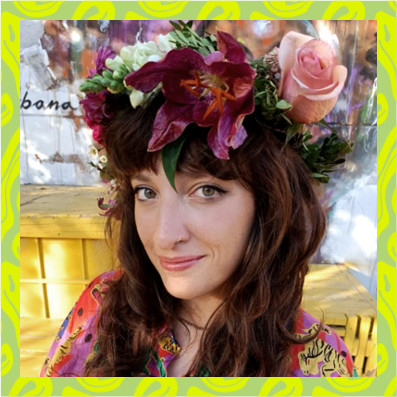
Camilla Vedovato
Camilla holds a bachelor’s degree in Linguistic and Cultural Mediation from the University of Padova, where she could take part in the Erasmus Program at Strathclyde University in Glasgow, Scotland.
Passionate about human rights and equality, she volunteered to support refugees and asylum seekers for two years.
To further deepen her understanding of women’s rights and LGBTQIA+ rights, she is currently graduating with a master’s degree in European Studies and Global Gender Studies at Aalborg University in Denmark.
During her master’s degree, she joined ALDA Vicenza in September 2022, working as Project Manager Assistant in the Gender, Inclusion and Human Rights Hub where she could put her studies into practice, and she is now Junior Project Manager and Hub Coordinator of this Hub.
Italian native speaker, she is fluent in English and Spanish.
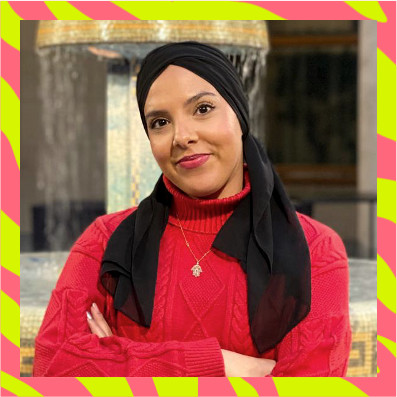
Sara Afendi
Throughout her academic journey, Sara demonstrated a profound interest in the intricate political, economic, and social dynamics that influence the European Union. Her commitment to the subject matter is evident in their research endeavors and active engagement in related activities. She is a native speaker of Italian nad is fluent in English, German and Arabic.

Aalborg Universitet
The Danish Centre for Youth Research is located at the Department of Culture and Learning at Aalborg University (AAU) in Denmark. The ambition of The Danish Centre for Youth Research is to understand the lives of young people in the light of current societal changes. Changes that are profoundly affecting the world of youth and most areas of life including participation in institutions, democratic organizations and the labour market.
The ambition of The Danish Centre for Youth Research is to understand these changes and how they affect the youth today. The vision of The Danish Centre for Youth Research is to engage in high quality research that makes a difference.
With over 20 years of experience in democracy and social change processes, she brings a wealth of expertise to her work. Her research journey spans more than 15 years, focusing extensively on various aspects of youth life. Over the past 7 years, she has honed her focus on young people’s civic engagement and their access to democratic participation in both formal and informal democracy settings.
Her research portfolio extends to encompass health promotion, sustainability, social communities, youth associations, and young people’s well-being across diverse contexts. As a dedicated researcher, she emphasizes collaborative practice and research-based development processes to effect sustainable change for young people. She actively engages in dialogues with significant groups of professionals and young individuals through professional presentations, networking, and collaborative research initiatives.
Her recent publications include the anthology “Young People’s Participation – Revisiting Youth and Inequality,” as well as works focusing on methods for youth participation and theoretical explorations of youth communities.

Turun Yliopisto
The University of Turku (Finnish: Turun yliopisto), located in southwestern Finland, has 8 faculties and 4 independent units. The university was founded in 1920, and it has campuses at Turku, Rauma and Pori. There are over 22,000 students and about 3,400 staff members. The SINCRONY project team works in the section of Political Science in the Faculty of Social Sciences.
Maija Setälä is a professor in political science at the University of Turku, Finland. In her research, she specializes in democratic theory, especially theories of deliberative democracy, democratic innovations, and political trust. She has led several research projects and published widely on these topics. Recently, she has co-edited the book “Democracy and the Future” (with Michael K. MacKenzie and Simo Kyllönen; EUP 2023).
Senior researcher in Political Science at the University of Turku. She earned her PhD in 2022 from Åbo Akademi University with her work on youth participation. Her research interests include democratic norms and political behavior, particularly among young people, climate strike movements, and democratic innovations.
Miikka Korventausta serves as a project researcher in the SINCRONY team and is concurrently pursuing doctoral research at the Faculty of Education (UTU). His research focuses on youth civic engagement and democracy education.
Universitaet Innsbruck
The Center of Interdisciplinary Gender Studies at the University of Innsbruck is a research center that focuses on intersectional gender studies. Based on tools from feminist theory, queer studies, trans* studies, de- and anti-colonial theories, Black studies, and critical theory, the research focuses on social structures as well as on processes of subjectivation.
Gundula Ludwig is a political theorist. She received her PhD from the University of Vienna (2010) and her habilitation from the University of Bremen (2021). Her research focuses on state theory, democratic theory and theories of power from a queer-feminist perspective; theories of subjectivation; violence; capitalism and heteronormativity; body politics; history of medicine.
Prior to coming to the Center of Interdisciplinary Gender Studies Innsbruck, she worked at the Universities of Vienna, Marburg, Bremen, Minneapolis, the Humboldt and the Free University, Berlin.
She is member of the editorial board of the journal “Femina Politica. Zeitschrift für feministische Politikwissenschaft” and board member of the Austrian Association of Gender Studies.
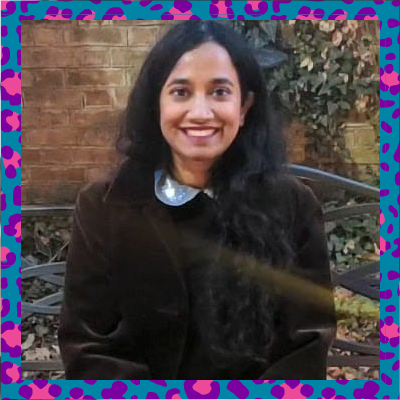
Sujatha Subramanian is a postdoctoral researcher at the Center for Interdisciplinary Gender Studies at the University of Innsbruck. She holds a PhD in Women’s, Gender and Sexuality Studies from The Ohio State University. Sujatha’s research interests include feminist and anti-caste theory, feminist perspectives on carcerality and justice, childhood and girlhood studies, feminist media studies, and feminist geography. Her work has been published in journals such as Feminist Media Studies, The Journal for Feminist Studies in Religion, Women’s Studies in Communications, and Economic and Political Weekly. Sujatha is one of the four members of the Detention Solidarity, an online space that critically engages with structures and experiences of the carceral state in India. She has also worked in editorial positions with NEOS: A Publication of the Anthropology of Children and Youth Interest Group and the Critical Childhood and Youth Studies Collective.

Université de Genève
Founded in 1559, the University of Geneva enjoys worldwide recognition and ranks amongst the top 100 best universities in the world. A polyvalent institution, it fosters the emergence of inter- and multidisciplinary fields in both research and teaching. It constantly strengthens its links with international Geneva, whilst contributing to the cultural, social and economic development of the region, notably through the promotion of research and its expertise in a wide range of fields.
Marco Giugni is professor at the Department of Political Science and International Relations and director of the Institute of Citizenship Studies (InCite). He is also European editor of the journal Mobilization: An International Journal. His main interests are social movements and political participation.
Valentina Holecz is a scientific collaborator at the Institute of Citizenship Studies (InCite) at the University of Geneva. She holds a Ph.D. degree in Political Science granted by the University of Geneva. She collaborated on the H2020 Livewhat and Euryka projects. She collaborated on the SNFS research project ‘Offensive Discourse in Political Arenas’ in 2014. Her research focuses on citizenship studies, young people, social movement and political participation.

The University of Manchester
The University of Manchester belongs to the esteemed Russell Group of universities, renowned for its exceptional facilities and extensive course offerings. It enjoys global recognition as a hub of exemplary teaching and pioneering research.
Boasting 25 Nobel Prize laureates among its current and alumni, the university boasts a legacy of groundbreaking achievements, from nuclear fission to the discovery of graphene.
It remains dedicated to top-tier research, delivering an exceptional student experience, and upholding principles of social responsibility across all endeavors.
Hilary Pilkington is a Professor of Sociology at the University of Manchester and a Fellow of the UK Academy of Social Sciences. She has been the coordinator or principal investigator of over a dozen large research grants involving multiple international partners. Most recently, she was the coordinator of the H2020 DARE (Dialogue about Radicalisation and Equality) project (www.manchester.ac.uk/dare), which considered the social origins and effects of radicalisation, focusing on young people on both ‘Islamist’ and ‘extreme-right’ radicalisation. Hilary has a long-standing research interest in youth and youth cultural practices, post-socialist societies and qualitative, especially, ethnographic research methods. Her current research focuses on youth, political participation and activism, inclusion and exclusion, misrecognition, extremism and radicalisation.
Nadim Mirshak is a lecturer in Sociology at The University of Manchester. A political sociologist whose research focuses on critical pedagogy, social movements, and state-society relations under authoritarian contexts. He is also interested in the interlinkages between sport (particularly rugby league), class, and gender in post-industrial communities in Northern England. Some of his work has been published in Social Movement Studies, Current Sociology, Critical Sociology, Power and Education, and Open Democracy. He has previously served as Deputy Head of Sociology at The University of Manchester and is a Senior Fellow of the Higher Education Academy.






